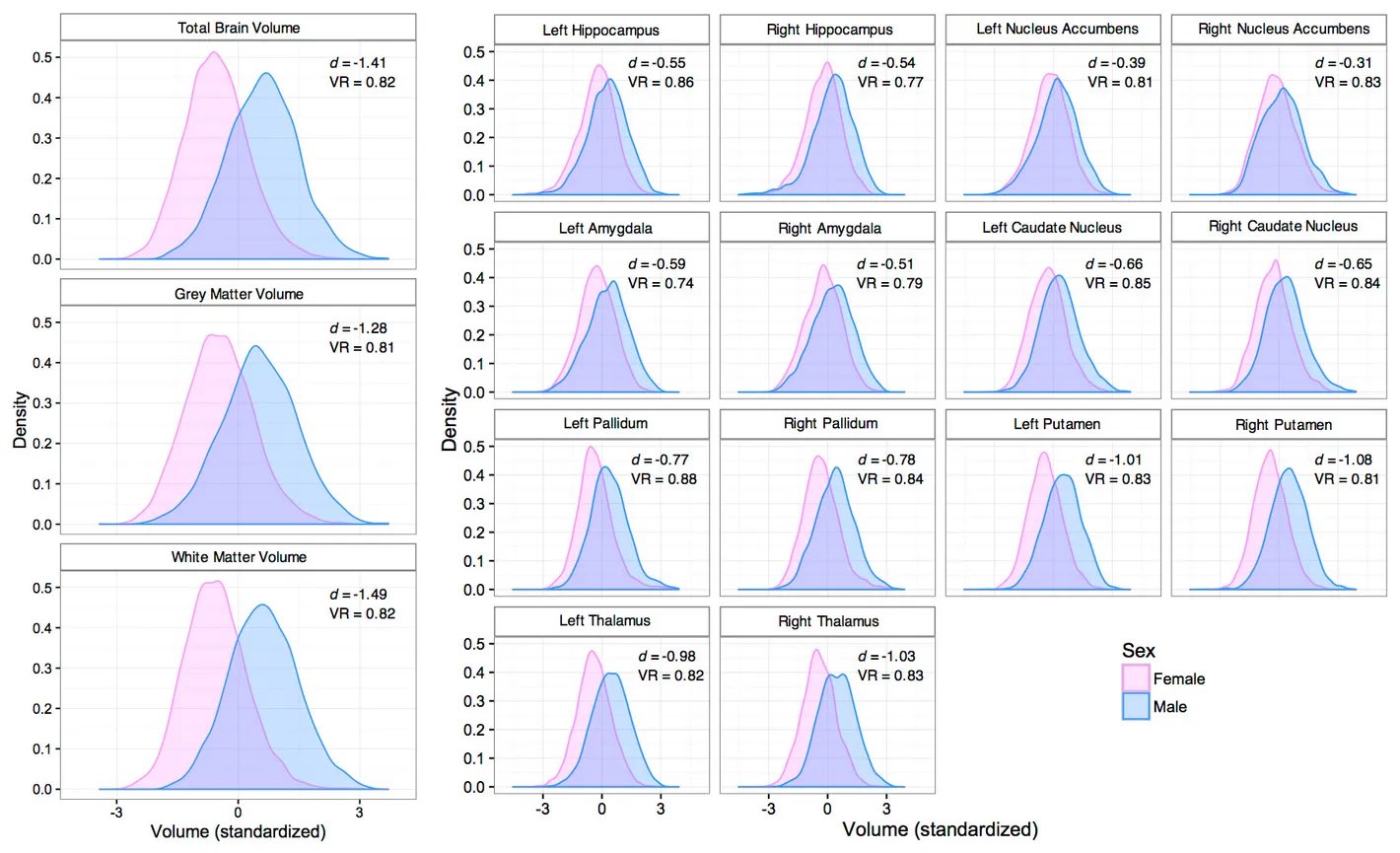ECO is
Emergence, Complexity & Organization –
An International Transdisciplinary Journal
of Complex Social Systems
It’s the rabbit hole I’ve been down today, so this is just a riff on the content connections I’ve been making.
Kevin Mitchell is rapidly becoming my favourite follow on Twitter.

As well as reviewing his book “Innate“, I’ve also quoted conversations that have intersected with mine. Now, as he appears to be researching his new book “Free Agents” as well as his teaching load at Trinity College Dublin, he’s been Tweeting his readings and Retweeting contributions of others. Always fascinating and frankly too much to properly digest and respond to all beyond Likes and Retweets.
As well as a stack of books, one rabbit hole he’s been down is reading W. Ross Ashby’s seminal 1962 paper “Principles of the Self-Organizing System” published in proceedings of the University of Illinois symposium on self-organisation. The paper was republished in ECO Vol 6 Special Edition 1 & 2 in 2004. The link to the actual paper is dead on this page (under reconstruction) – but there are a few on-line PDF copies around, like this one.
As well as the specific snippets that Kevin has been highlighting, my mind has been boggled by these additional connections:
On the very copy of the paper re-published in ECO in 2004, the main reference in the introductory paragraph by Jeffrey Goldstein is “The Mechanisation of the Mind” by Jean-Pierre Dupuy (1994/2000). The very book I suggested Kevin should add to his reading list. Weird coincidence.
And in that very same Vol6/1-2 2004 edition of ECO is a paper by Dave Snowden and Peter Stanbridge – this PDF copy at their Cynefin / Cognitive Edge pages. The very recommedation I made to ISSS on handling complexity and chaos in an organisational management context.
I notice ECO is explicitly focussed on “Social Systems”. Dupuy was a very influential read for me, not least because it derailed this physical science & engineering “STEM” type out of his comfort zone (my cynefin) into meta-modern and literary universe in terms of system values. Never looked back. Checking Ashby references in Dupuy just now I find the whole first vs second Cybernetics angle was already there. Cybernetics was itself de-railed into the mechanistic IT & Control systems territory that made it famous initially, even though it too was originally focussed on the human and social.
Need to re-read Dupuy in its entirety as well as read a couple of the Ashby originals.
And Peter Allen’s editorial to Vol20/1 includes reference to Iain McGilchrist Master and Emissary and to the paradoxical warning he shares with Merleau-Ponty, Scheler and Wittgenstein that explicitness is a trap for the unbalanced brain.
McGilchrist highlights the paradox of philosophy… we need to get beyond what can be grasped or explicitly stated, but the drift of philosophy, is always and inevitably back to the explicit. Merleau-Pont, Scheler and Wittgenstein perceived that explicitness ties us down to what we already know.
Shrinking world – Definition is a Coffin (Levenchuk).
Also need to make connections with ECO. It seems they are in the process of re-engineering their on-line presence. Most of their archive copy is there, but contact and interaction are currently dead. (I see plenty of UK representation amongst the editorial and review teams, eg Peter Allen at Cranfield / Emeritus and Gerald Midgely at Hull.)
Like this:
Like Loading...


